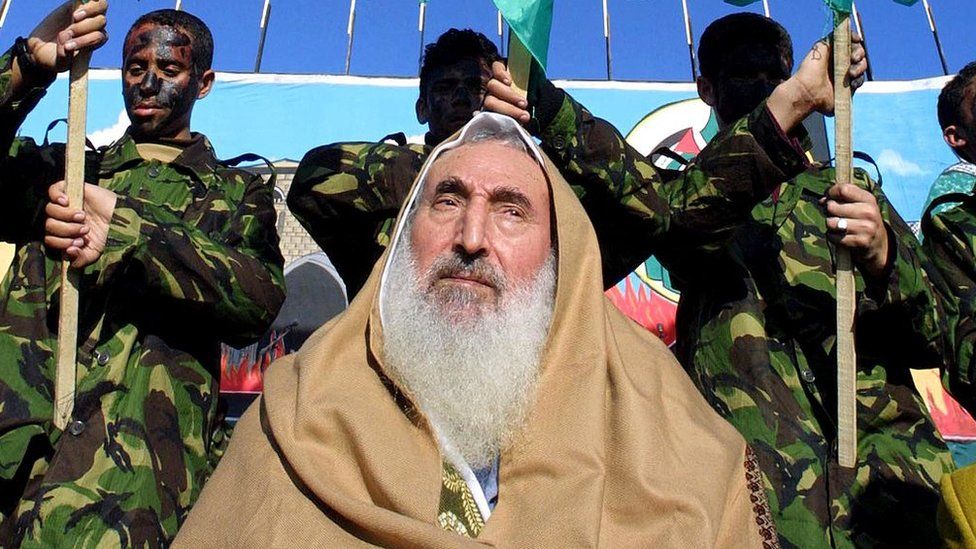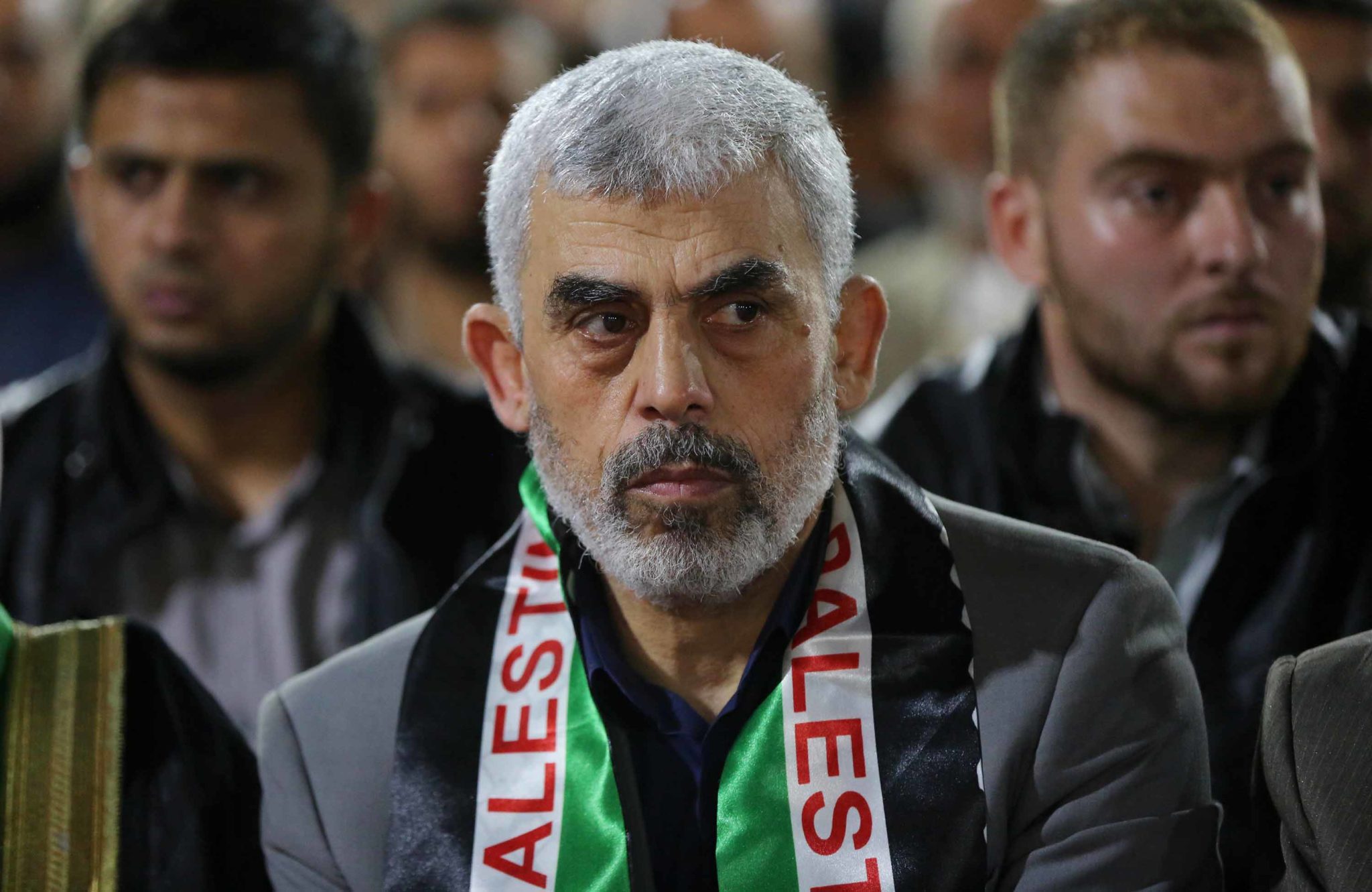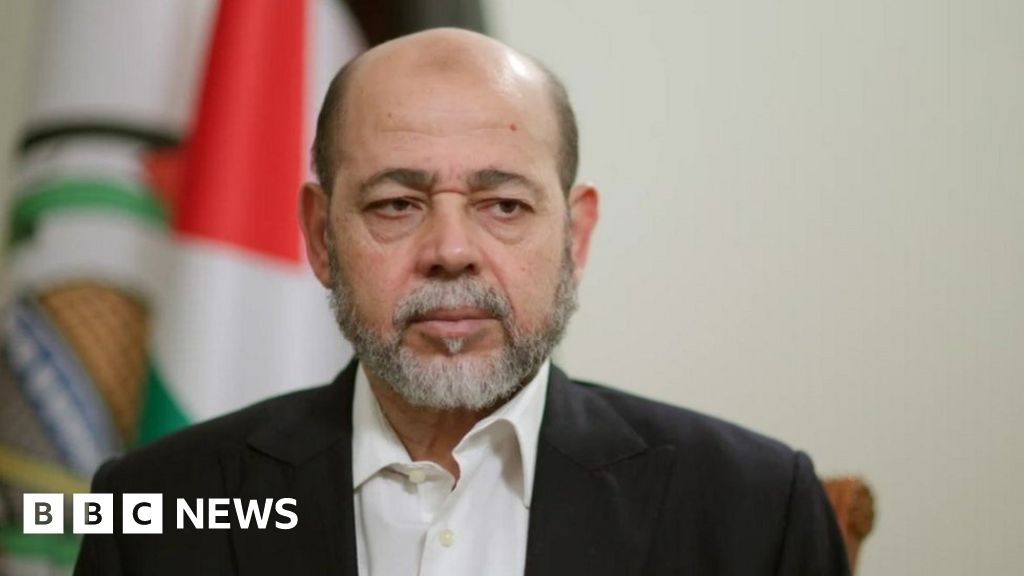Historical Context and Background

Hamas, the Islamic Resistance Movement, is a Palestinian political and militant organization with a complex history deeply intertwined with the Israeli-Palestinian conflict. Understanding its origins, evolution, and relationship with Israel is crucial to comprehending the ongoing conflict and its implications.
Founding Principles and Goals
Hamas was founded in 1987 by Sheikh Ahmed Yassin and a group of Palestinian scholars and activists. It emerged as a response to the First Intifada, a Palestinian uprising against Israeli occupation. Hamas’s founding principles are rooted in Islamic ideology, with a commitment to establishing an Islamic state in all of historic Palestine, including areas currently under Israeli control. This vision is based on the belief that the land belongs to Muslims and that the establishment of Israel was an illegitimate act.
- Islamic Ideology: Hamas’s ideology is based on a strict interpretation of Islam, particularly the concept of jihad, or struggle, against non-believers. This ideology informs its political goals, including the establishment of an Islamic state in Palestine.
- Resistance to Israeli Occupation: Hamas’s primary goal is the liberation of Palestine from Israeli control. It views the Israeli occupation as an injustice and an affront to the Palestinian people. The organization has employed both political and military means to achieve its objectives.
- Social Welfare: Hamas has also established a social welfare network in Gaza, providing essential services such as education, healthcare, and social assistance. This has helped to garner support among the Palestinian population.
Relationship with Israel
The relationship between Israel and Hamas has been characterized by conflict and tension since Hamas’s inception. Israel views Hamas as a terrorist organization and has targeted its leaders and infrastructure. Hamas, in turn, has launched numerous attacks against Israel, including rocket attacks and suicide bombings.
- First Intifada: Hamas emerged during the First Intifada, a Palestinian uprising against Israeli occupation. The organization’s activities, including armed resistance, played a significant role in the Intifada.
- Oslo Accords: Despite the signing of the Oslo Accords in 1993, which aimed to establish a Palestinian state, tensions between Israel and Hamas persisted. Hamas rejected the accords, arguing that they would legitimize Israeli occupation.
- Second Intifada: The Second Intifada, which began in 2000, witnessed a surge in violence between Israel and Hamas. Hamas launched numerous attacks against Israeli targets, leading to a military crackdown by Israel.
- Gaza Disengagement: In 2005, Israel unilaterally withdrew its military forces and settlements from the Gaza Strip. However, Hamas continued to operate in the territory and gained control following the 2007 Palestinian legislative elections.
- Ongoing Conflict: Since 2007, Israel and Hamas have engaged in multiple armed conflicts in Gaza. These conflicts have resulted in significant loss of life and destruction, with both sides accusing each other of war crimes.
Political and Social Context
Hamas’s emergence and continued influence can be understood within the broader political and social context of the Palestinian territories. The occupation, political fragmentation, and economic hardship have created a fertile ground for Hamas’s appeal.
- Palestinian Political Division: The Palestinian territories are divided between the West Bank, controlled by the Palestinian Authority (PA), and Gaza, controlled by Hamas. This division has weakened the Palestinian cause and made it difficult to achieve a unified political solution.
- Economic Hardship: The Israeli occupation has severely restricted the Palestinian economy, leading to high unemployment and poverty. This economic hardship has contributed to the popularity of Hamas, which has provided social services and financial assistance to the Palestinian population.
- Social and Cultural Factors: Hamas’s appeal is also rooted in its social and cultural influence. The organization has established a strong network of schools, mosques, and charitable organizations, providing social services and promoting its ideology.
Leadership and Ideology: Israel Hamas Leader

Hamas, the Islamic Resistance Movement, is a Palestinian political and militant organization that has played a significant role in the Israeli-Palestinian conflict. Its leadership and ideology have been shaped by a complex interplay of religious, political, and historical factors.
Key Figures in Hamas Leadership
Hamas’s leadership structure is hierarchical, with a central leadership council responsible for overall policy and strategy. The council is comprised of members representing different factions within the movement. Key figures in Hamas leadership include:
- Ismail Haniyeh: The current leader of Hamas, Haniyeh has served as the Prime Minister of the Hamas-controlled Gaza Strip since 2007. He is known for his strong religious beliefs and his commitment to the Palestinian cause.
- Khaled Mashal: The former head of Hamas’s political bureau, Mashal played a pivotal role in shaping the movement’s strategy and negotiating with foreign governments. He is known for his pragmatic approach to diplomacy.
- Yahya Sinwar: The current head of Hamas’s political bureau in Gaza, Sinwar is a former prisoner who has been involved in Hamas’s military operations. He is considered a hardliner and is known for his close ties to the movement’s armed wing.
Ideological Foundations of Hamas
Hamas’s ideology is rooted in Islamic fundamentalism and its interpretation of the Quran. The movement’s founding charter, adopted in 1988, articulates its core beliefs and objectives. Key elements of Hamas’s ideology include:
- Jihad: Hamas believes that armed struggle is a legitimate means of resisting Israeli occupation and liberating Palestinian territories. The movement’s charter explicitly calls for the establishment of an Islamic state in all of historic Palestine.
- Sharia Law: Hamas advocates for the implementation of Islamic law, known as Sharia, in Palestinian society. This includes aspects of personal and social life, as well as legal and political systems.
- Rejection of Zionism: Hamas views Zionism as a colonial and racist ideology that has no place in Palestine. The movement considers Israel an illegitimate entity and rejects any negotiated solutions that compromise Palestinian rights.
Comparison with Fatah
Fatah, the other major Palestinian faction, has a different ideological orientation. While Fatah also advocates for Palestinian self-determination and the establishment of an independent state, its ideology is more secular and nationalist. Fatah’s founding charter, adopted in 1964, emphasizes the importance of Arab unity and the need to liberate all of Palestine. However, Fatah has historically been more willing to negotiate with Israel and has accepted the existence of a two-state solution. In contrast, Hamas has consistently rejected any peace agreements that recognize Israel’s right to exist.
Conflict and Diplomacy

Hamas’s role in the Israeli-Palestinian conflict is complex and multifaceted, marked by both violent and diplomatic strategies. The group’s actions and its relationship with the international community have significantly shaped the course of the conflict.
Hamas’s Role in the Conflict
Hamas’s involvement in the Israeli-Palestinian conflict is deeply rooted in its founding principles and ideology. The group views Israel’s presence in the Palestinian territories as illegitimate and seeks its complete dismantling. This stance has led to numerous armed confrontations with Israel, including rocket attacks and suicide bombings.
“Hamas’s Charter states that “the Islamic Resistance Movement is a branch of the Muslim Brotherhood movement, which is a universal movement for the sake of God.”
Hamas’s use of violence has been widely condemned by the international community, which views it as a major obstacle to peace. However, Hamas argues that its armed struggle is a legitimate form of resistance against Israeli occupation.
While Hamas has engaged in negotiations with Israel in the past, its commitment to the two-state solution remains unclear. The group has been criticized for its refusal to recognize Israel’s right to exist and for its continued calls for Israel’s destruction.
International Response to Hamas, Israel hamas leader
The international community’s response to Hamas has been largely negative, with many countries designating it as a terrorist organization. This designation is based on Hamas’s use of violence against civilians and its refusal to renounce terrorism.
- The United States, the European Union, Canada, and Israel have all listed Hamas as a terrorist organization.
- The United Nations Security Council has condemned Hamas’s attacks on Israel and has called for the group to disarm.
The international community’s condemnation of Hamas has limited the group’s ability to operate freely and has made it difficult for Hamas to engage in diplomacy.
Potential Avenues for Peaceful Resolution
Despite the challenges, there are potential avenues for a peaceful resolution of the Israeli-Palestinian conflict, even with Hamas’s involvement.
- A ceasefire agreement could provide a temporary respite from violence and allow for the resumption of negotiations.
- International pressure on Hamas to renounce violence and recognize Israel’s right to exist could lead to a more conducive environment for peace talks.
- The creation of a Palestinian state, with a strong and independent government, could provide Hamas with a platform to participate in the political process and pursue its goals through peaceful means.
The path to peace is complex and challenging, but with the right conditions and a willingness to compromise on both sides, a lasting solution may be possible.
Israel hamas leader – The conflict between Israel and Hamas is a long and complex one, with roots in historical grievances and ongoing political disputes. The relationship between the two entities has been characterized by violence and mistrust, with both sides accusing the other of aggression and human rights violations.
To understand the current situation, it is crucial to examine the role of the israel hamas leader and their influence on the dynamics of the conflict. Understanding their ideologies, goals, and strategies is essential for navigating the complexities of this long-standing conflict.
The conflict between Israel and Hamas leaders has brought renewed focus on the complexities of the Middle East. While international efforts aim to find a peaceful solution, many are seeking solace in personal spaces, perhaps by decorating their homes with a touch of elegance.
A dressing table chair from Dunelm can add a touch of sophistication, offering a comfortable spot to apply makeup or simply relax. The conflict in the Middle East remains a pressing concern, but moments of personal peace and beauty can help individuals cope with the ongoing challenges.
